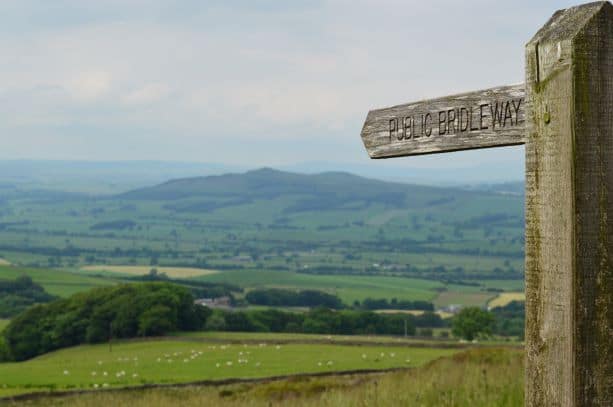Ecological Mitigation Services
What is Ecological Mitigation and When is it Required?
In Ecology, mitigation is a method used to lessen the impacts of a development project within the vicinity of the development site. Mitigation projects should be carried out following the completion of protected species surveys and assessments, to understand which species and habitats are present and their potential impacts as a result of the development.
Mitigation measures usually take place to ensure compliance with wildlife legislation and best practice guidelines and are conditions of planning permission.
For certain species, protected by law, it may be required to obtain a Natural England licence for a development to proceed lawfully, and the mitigation should comply with best practice guidelines.
Carrying out mitigation will satisfy local concerns and planning legislation regarding the impacts on wildlife caused by proposed developments. It will also help to ensure no net loss of biodiversity as a result of projects, and help achieve a Biodiversity Net Gain as per policy.
Types of Ecological Mitigation
There are different types of Ecological mitigation, including avoidance, mitigation, and compensation. These types of mitigation follow best practice guidance and The Mitigation Hierarchy.
Avoidance – This is a type of measure taken to ensure that adverse impacts are avoided completely. Avoidance methods can include ensuring the timings of works are set to ensure that the site is not disturbed during sensitive times, like bird breeding season. Development projects should always assess if impacts can be completely avoided before exploring other mitigation measures as per the below.
Mitigation – This type of strategy refers to the measures taken to minimise the adverse impacts caused by a project on a site. Mitigation will usually involve using Precautionary Working Methods to facilitate development, moving a species via a translocation, and providing an enhanced habitat for species post-development. Other types of mitigation strategies include the creation of tunnels under roads to allow wildlife to cross from one side to another.
Compensation – This type of mitigation strategy is taken to counteract any damage caused by a development, in the event that mitigation and avoidance cannot take place. Compensation measures can include habitat creation or enhancement of important habitats. Compensation should be used as a “last resort” approach, and typically a surplus of resources for a species should be provided compared to what has been lost.
Why Choose Collington Winter Environmental?
Collington Winter Environmental provide an experienced team of environmental consultants. We provide a pragmatic approach to development and ensure nature conservation in development projects through the use of mitigation, surveys, and assessments.
We have experience in working with all types of protected species, such as the great crested newt, badgers, bats and water vole.
Our Ecology Director, Olivia Collington, is a highly qualified Ecologist with vast experience in undertaking mitigation strategies.
Olivia is a Chartered Environmentalist with the Institute of Environmental Science. She holds Natural England Bat and Great Crested Newt licences, as well Natural England Badger Mitigation Licences. She has worked with protected species across the UK, undertaking field surveys and writing scientific, readable reports for submission at planning.
We provide ecological services to provide a holistic and innovative approach to development. We are fast paced problem solvers, working with clients to find solutions where others cannot. We have a passion for ecology and undertake each project with a high level of professionalism.
Contact Us
If you are interested in our ecological services, contact us using the form below. You can also contact our Ecology Director, Olivia Collington, via email at info@collingtonwinter.co.uk.
To find out about our landscape architecture services, have a look at this section on our website.
Contact Us
Registered Address
23 Bark Street East, 1st Floor, Bolton, BL1 2BQ
Cambridge Office
Future Business Centre, Cambridge Campus, Kings Hedges Road, Cambridge, CB4 2HY
Telephone
Head Office: 01204 939 608
Dumfries Office: 01387 378208



